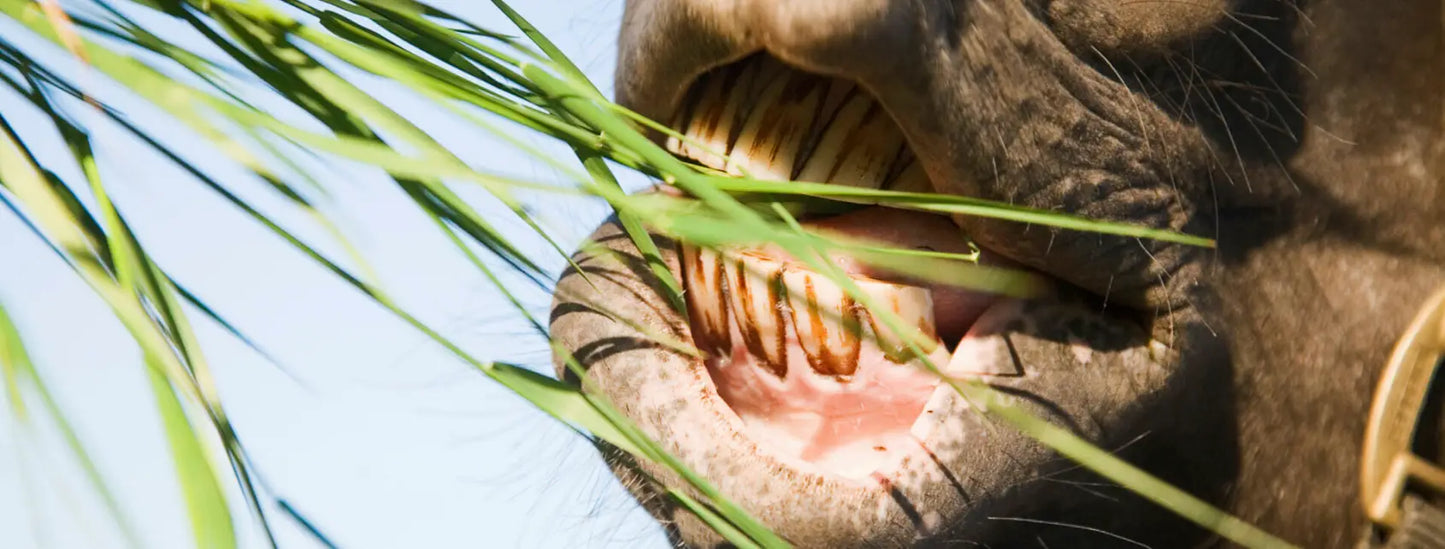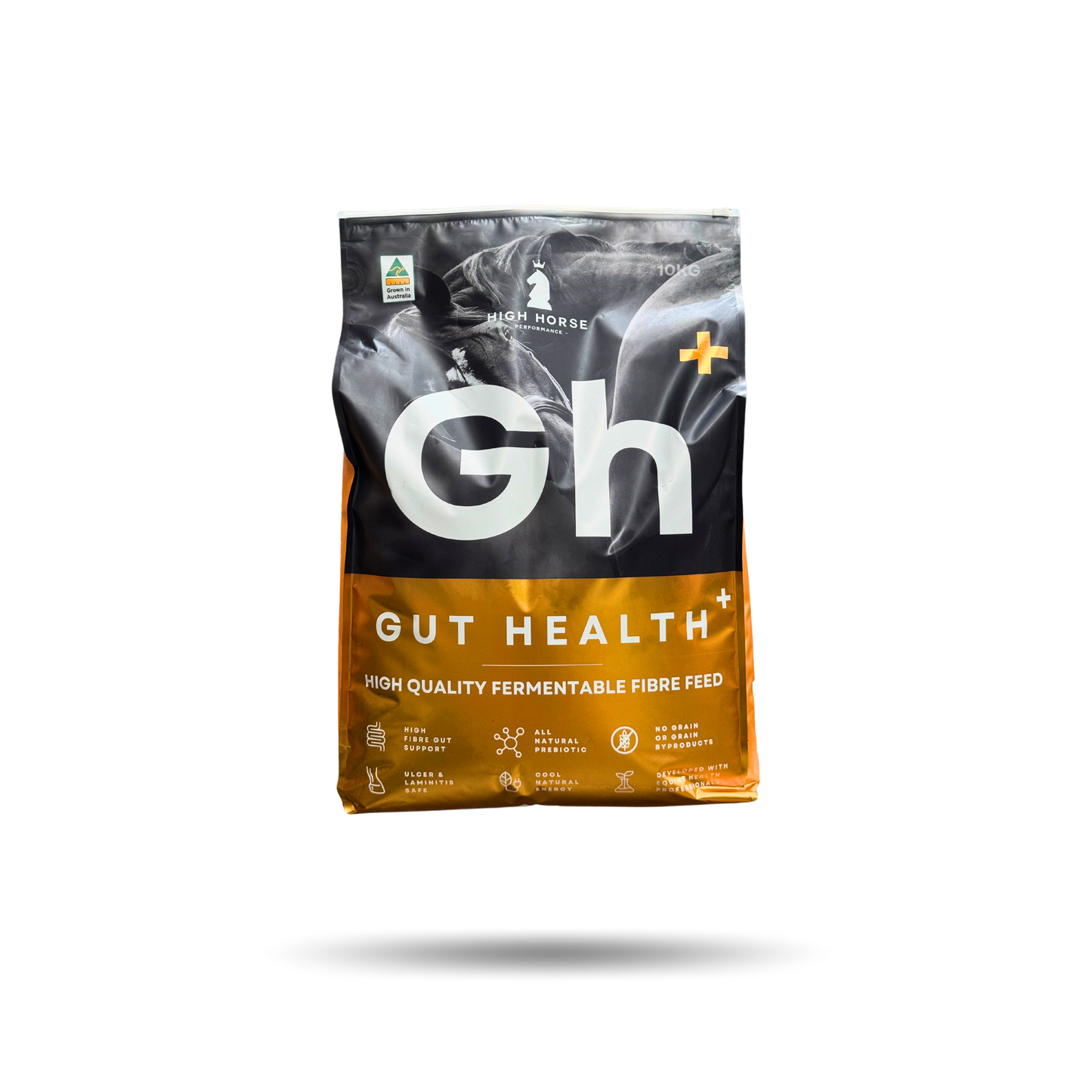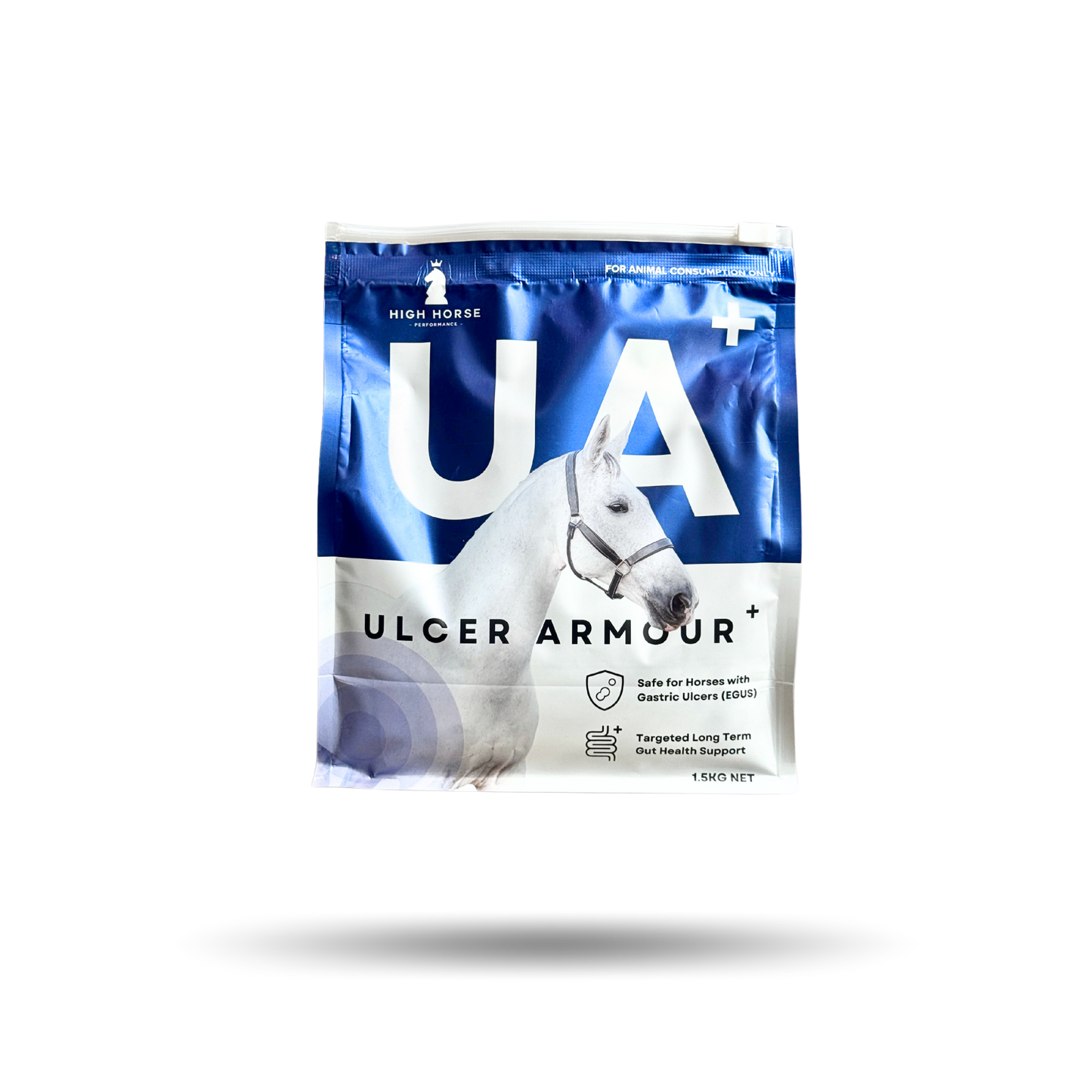Buy your weekday smoothies and get your weekend ones for free. (7 for the price of 5!)

5 Common Toxins Horses Should Avoid
By the High Horse Team
October 2, 2024
As horse owners, keeping our equine friends safe from potential toxins is an essential part of their care. Many seemingly harmless items found around barns, pastures, and households can pose significant risks to your horse’s health. From feed additives to everyday plants, it's important to know what can be toxic to your horse and how to ensure they are safe.
Here are five common toxins that every horse owner should be aware of:
1. Monensin (Livestock Feed Additive)
Monensin is an ionophore antibiotic commonly added to cattle and poultry feed to improve growth and prevent disease. However, this additive is extremely toxic to horses, even in small amounts. If accidentally consumed, monensin can lead to severe colic, muscle degeneration, and even death. Always ensure that your horse’s feed is stored separately from other livestock feed, and that any shared feeding areas are monitored carefully.
2. Oleander (Nerium oleander)
Oleander is an ornamental plant found in many Australian gardens. While its pretty flowers and evergreen leaves make it a popular choice, all parts of the plant are highly toxic to horses. Ingestion of even a small amount can cause colic, tremors, and potentially fatal heart failure. Make sure your horse’s pasture is free from oleander plants, and educate yourself on identifying any other toxic plants common in your region.
3. Yew (Taxus species)
Yew trees and shrubs are often used as decorative plants in gardens, but they pose a serious threat to horses. The plant contains taxine, a substance that is toxic to many animals. Horses that ingest yew can experience sudden death due to its effect on the heart. Remove any yew plants from areas where your horse might graze, and be cautious about clippings from nearby properties that could find their way into your pasture.
4. Mouldy or Spoiled Feed
It’s important to monitor the quality of the feed you provide to your horse. Hay or grain that has become mouldy or spoiled can contain harmful mycotoxins. Ingesting contaminated feed can result in colic, respiratory distress, or even neurological damage. Always store hay and grains in a dry, clean environment, and regularly check for signs of mould or spoilage before feeding.
Consider our Ultimate Daily+ or Everyday+ balanced feeds, which are made with high-quality ingredients and carefully formulated with mould inhibitors into ensure freshness and nutritional balance, reducing the risk of spoilage.
5. Sycamore Trees (Acer species)
Sycamore seeds, leaves, and seedlings can be dangerous for horses, particularly in autumn. Ingestion of sycamore seeds has been linked to atypical myopathy, a potentially fatal condition that affects the muscles and can lead to rapid deterioration. While not all sycamore species are equally toxic, it’s essential to prevent your horse from grazing in areas where these trees are present.
Final Thoughts
Protecting your horse from toxins involves awareness, prevention, and regular maintenance of their environment. Be sure to review the plants and substances around your horse’s paddocks and ensure their feed is of the highest quality. Keeping your horse safe from toxins like monensin, mouldy feed, and toxic plants like oleander and yew can prevent serious illness or even save your horse's life.
At High Horse, we’re committed to providing Australian horse owners with high-quality, safe feeds that you can trust. Everyday+ and Ultimate Daily+ are made with the wellbeing of your horse in mind, helping you avoid the dangers of contaminated or spoiled feeds.
Visit High Horse to explore our products today.







